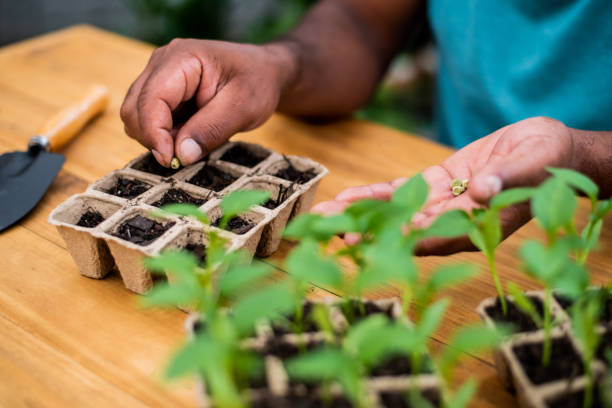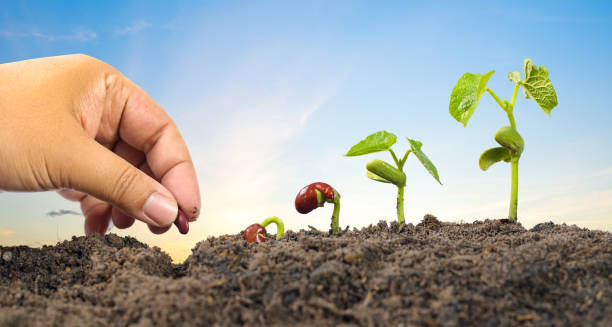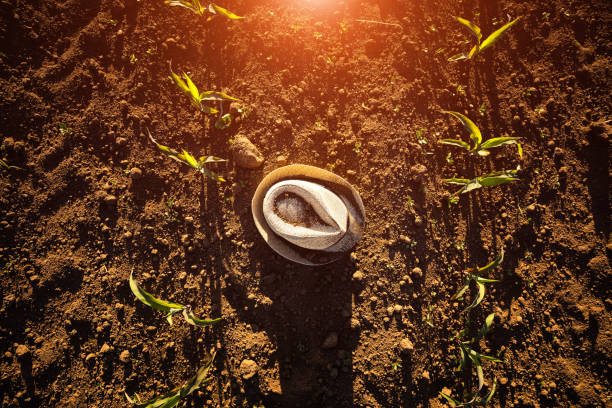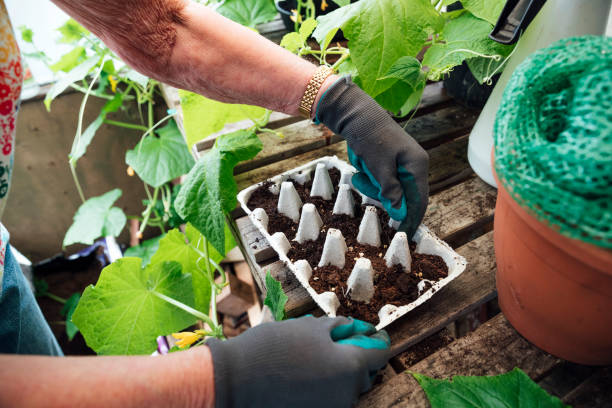Every gardener has their preferences for seed starting. However, no matter the method you use to start your seeds, always avoid these common seedling mistakes.

Image Credit: Pexels
Common seed-starting mistake
Every time you try something new in your garden, you try to grow the best produce by all means possible. So whether or not you have experience starting with seeds, you will improve your success by avoiding these common errors.

Image Credit: Unsplash
Starting with seeds at the wrong time
It is important to understand what the preferred growing conditions are for the type of vegetable, or other seeds you’re starting. This means you need to understand if they are considered a warm-season crop, or a cool-season crop. Starting with seeds that aren’t well-suited for your climate can set you up for disappointment. The aim is to not start your seeds too soon.
Provide your seeds with warmth
At the right temperature, your seeds will sprout and move on to their next stages of growth more quickly too, but without adequate warmth, they can be sluggish and not sprout at all. To keep them warm enough start the seeds indoors, and keep the seed in a warm spot in your house.
Too little light
Light is the number one underestimated factor in growing, even at the seedling stage. If seedlings don’t have enough light, they grow more slowly and can become leggy. To prevent leggy seedlings, gardeners will need to provide supplemental light over your growing seeds.
Watering too much, or too little
Too much water can cause seedlings to rot and die. So while they need water, your seed will not survive in soggy soil. Maintaining the perfect moisture level can be tricky as different plants require different levels of moisture. When the plants are watered inconsistently, they become susceptible to all other types of issues.
Fertilizing seedlings incorrectly
If your seedlings are fertilized too soon, that could cause harm or even kill them. It is important to fertilize your seeds at the right time, not too soon and not too late either. Leave your seedlings alone for the first few weeks. Usually, the best time to fertilize them is after the first couple of sets of true leaves appear.

Image Credit: Unsplash
For the perfect crop produce your seeds will need daily attention and lots of tender care, especially when they are still young.
ALSO SEE:
Feature Image: Unsplash


